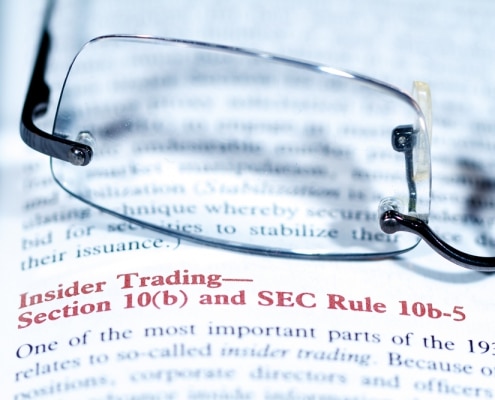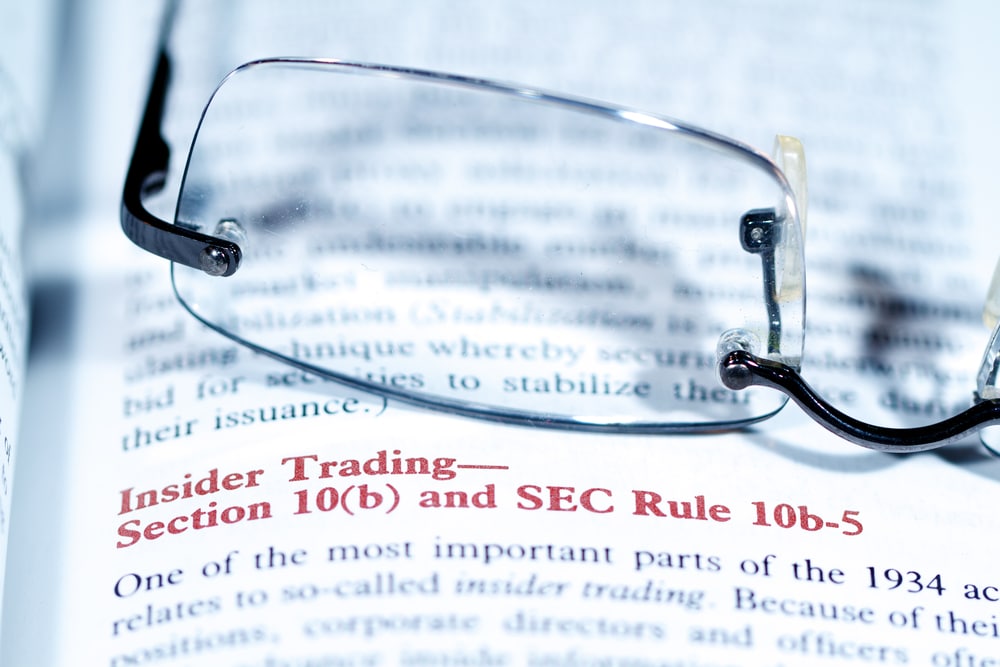Tag Archive for: cheating

Opportunism as a Managerial Trait
Blog We ordinarily think of people as honest or dishonest, a broad-brush description which implicitly assumes that honesty is a personal characteristic that generalizes across decision domains. If so, a student who cheats on an exam is also more likely to shoplift or lie to a friend or partner. Does knowing that a corporate manager is opportunistic in one decision domain tell us much about whether the manager will misbehave in some other domain? In other words, are some managers just `bad apples’?
We ordinarily think of people as honest or dishonest, a broad-brush description which implicitly assumes that honesty is a personal characteristic that generalizes across decision domains. If so, a student who cheats on an exam is also more likely to shoplift or lie to a friend or partner. Does knowing that a corporate manager is opportunistic in one decision domain tell us much about whether the manager will misbehave in some other domain? In other words, are some managers just `bad apples’?
Recently, in the paper “Opportunism as a Managerial Trait: Predicting Insider Trading Profits and Misconduct” Usman Ali, Portoflio Manager at MIG Capital, and I study these questions by examining whether corporate managers who profit by insider trading in their firms’ stocks engage in other forms of misbehavior as well.

Featured Collaborator of the Month: Dan Ariely
Blog
Interview with Dan Ariely, the James B. Duke Professor of Psychology & Behavioral Economics at Duke University and columnist for The Wall Street Journal
I study human irrationality in general. I am interested in thinking about how people make mistakes, what kind of mistakes people do, why people make mistakes and how to fix them. These days I am working in several main areas: some research on the psychology of money- to think about why we overspend and under save and what we can do about it. I am also working a little bit on health, i.e. why don't we take care of ourselves, why we overeat and don't take our medicine on time, why we procrastinate, and of course, dishonesty, or why people get themselves into trouble.

A Tangled Web: The Consequences of Dishonesty
Blog “Oh what a tangled web we weave…”
“Oh what a tangled web we weave…”
We all know that lying can lead to bad consequences for the liar, but what happens to everyone else?
A 2015 article by Scott Wiltermuth, David Newman, and Medha Raj in Current Opinion in Psychology reviews findings that illustrate how dishonesty can yield a host of unexpected consequences, which arise when individuals privilege other values over honesty. Although many people act dishonestly for the sake of material gain, others do so from a desire to maintain a positive self-concept, or even out of compassion.
